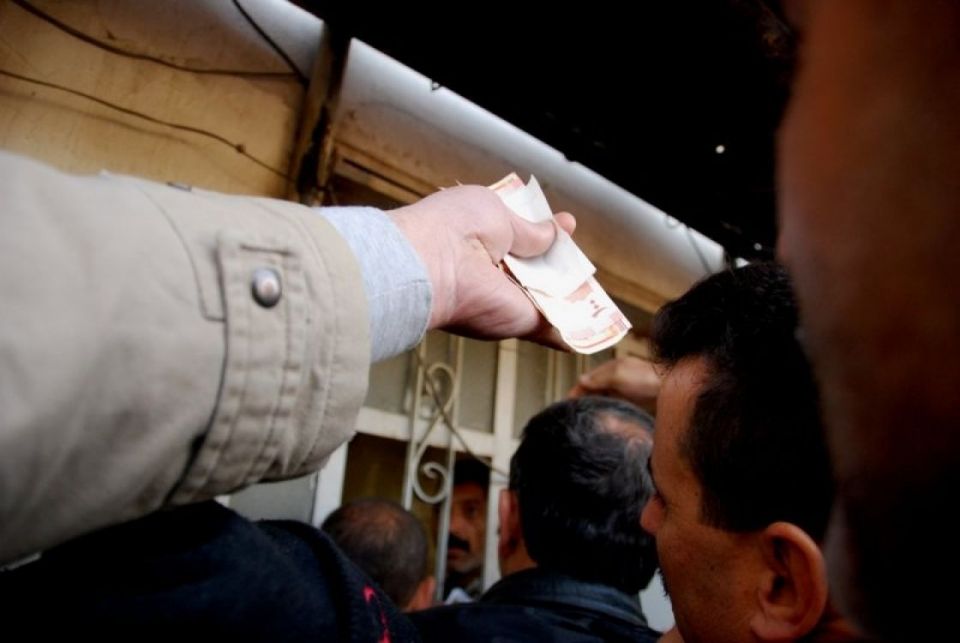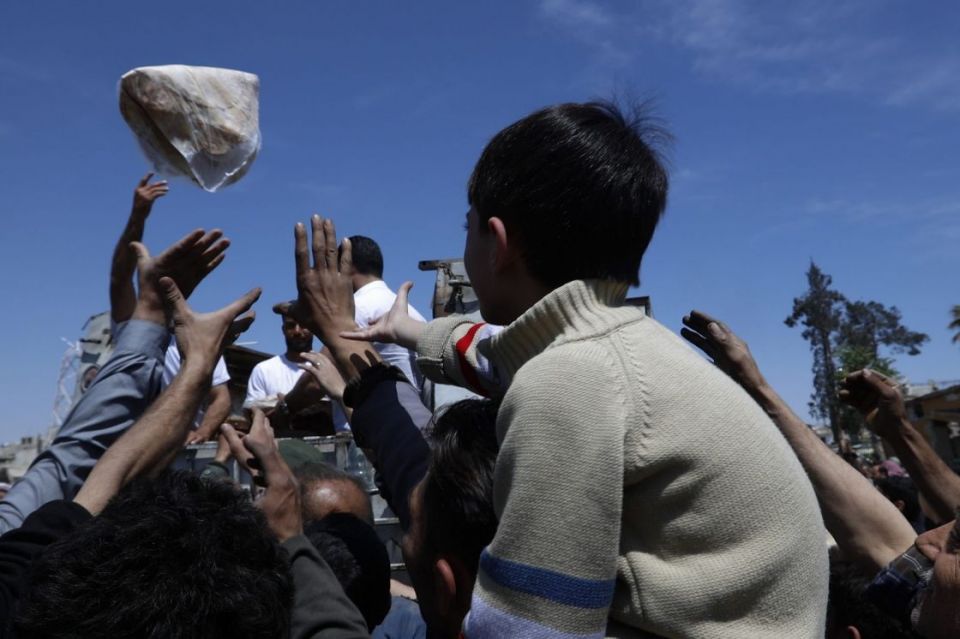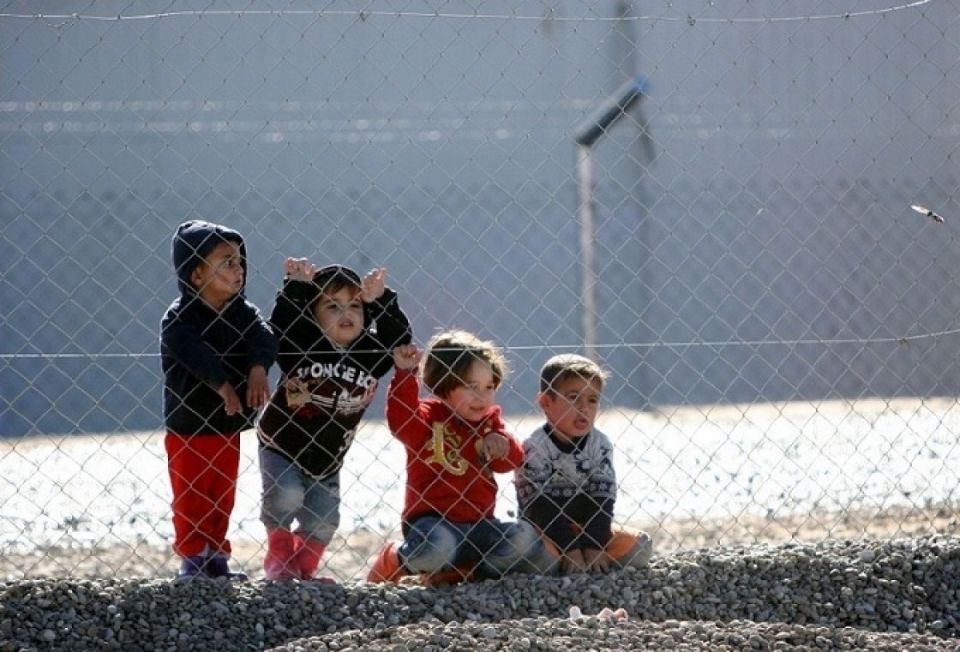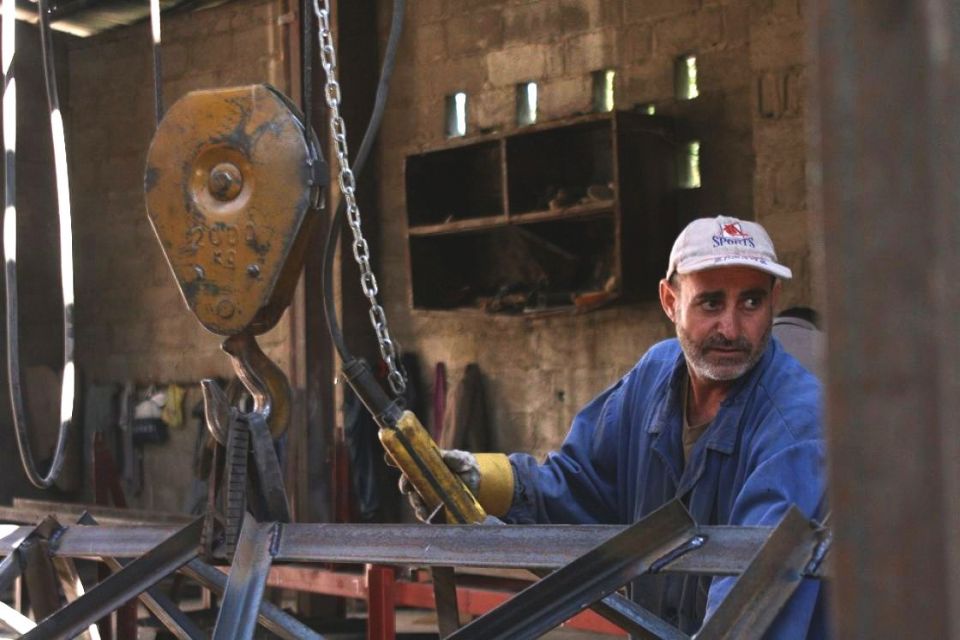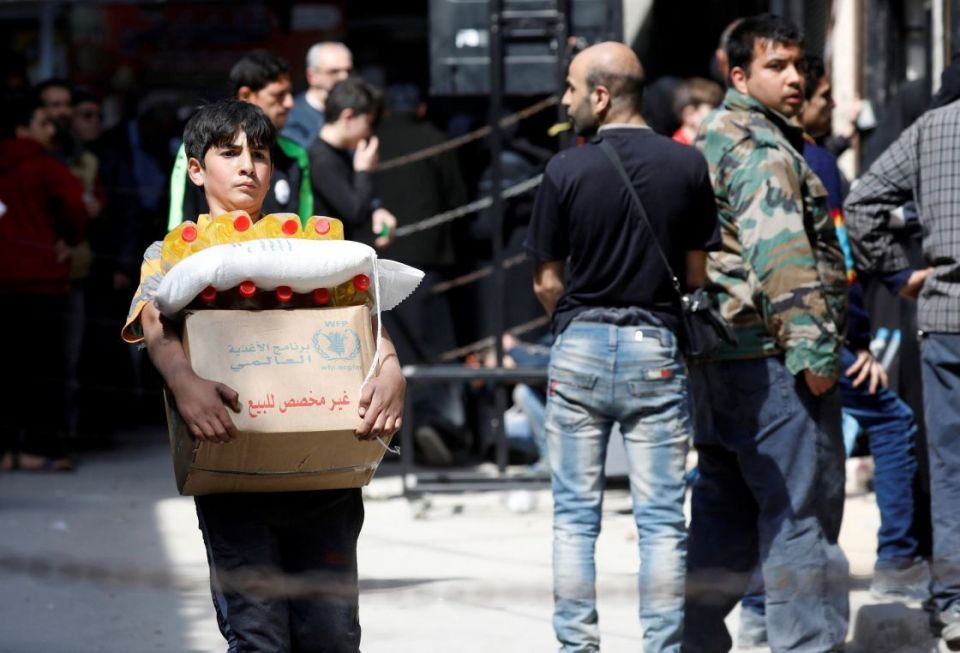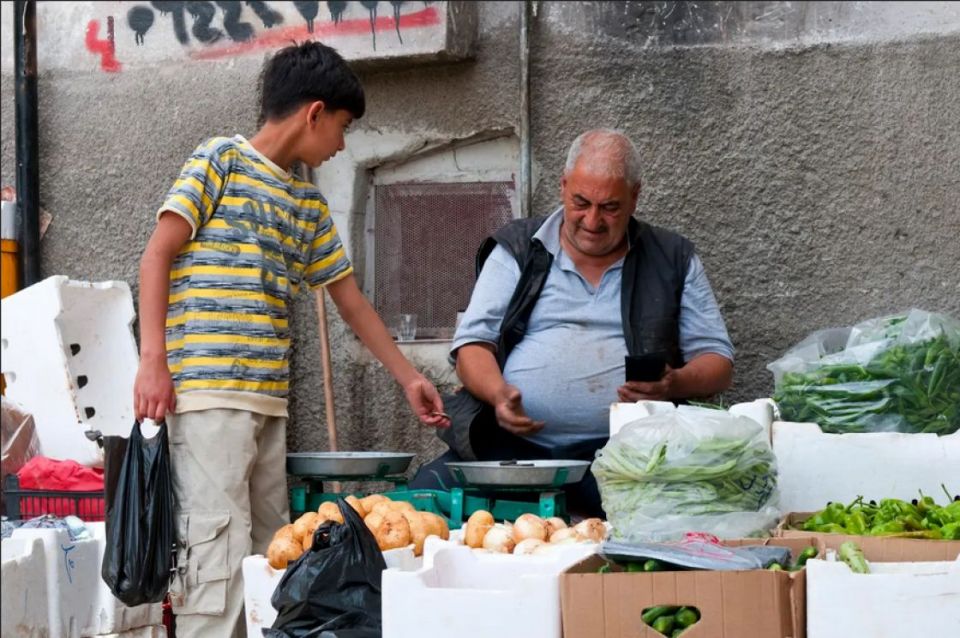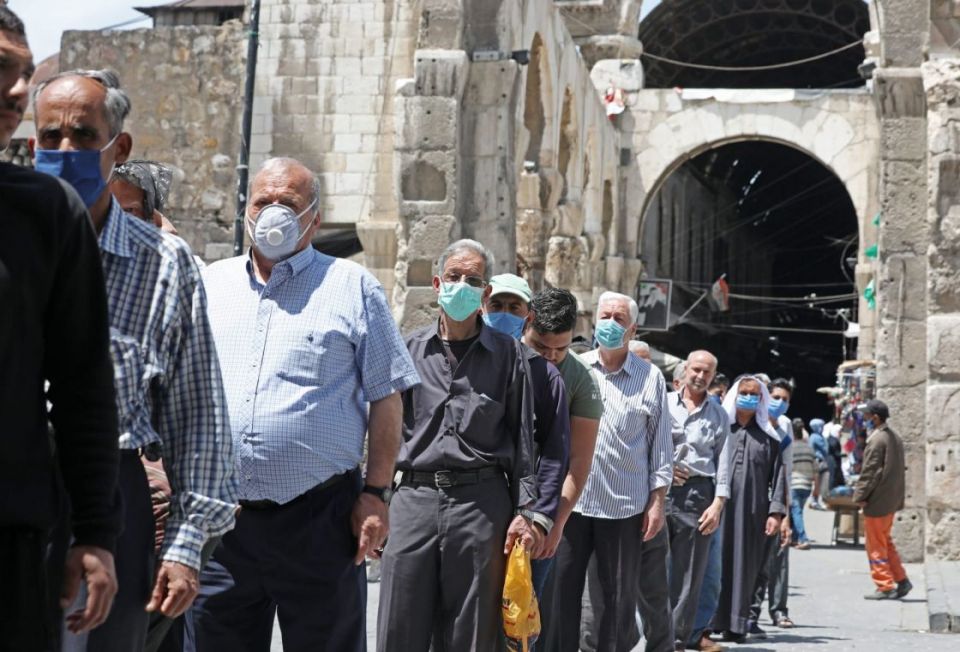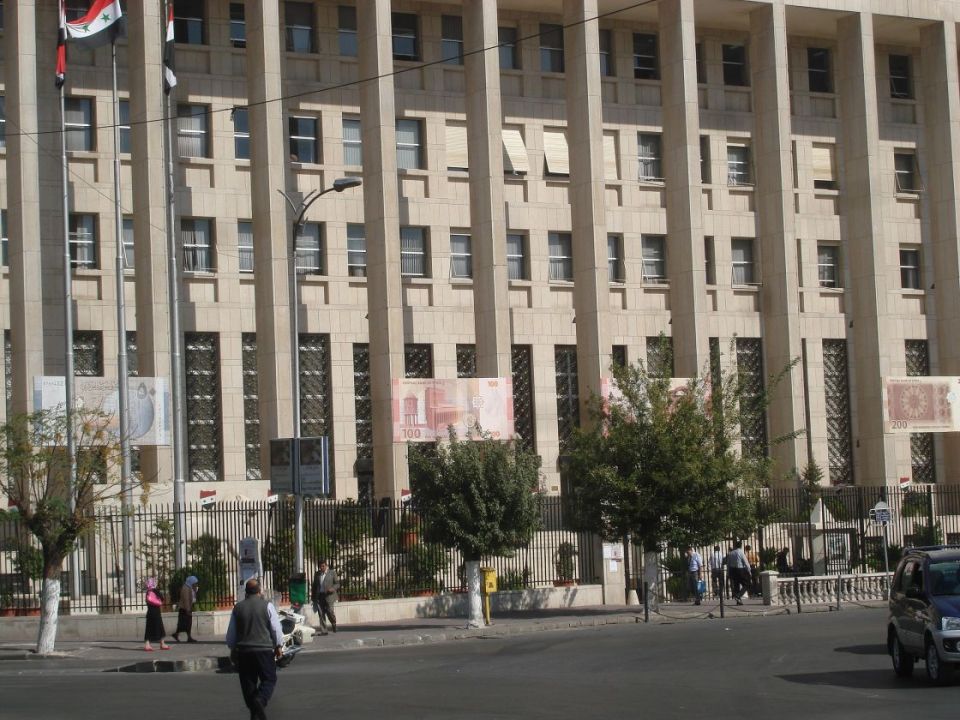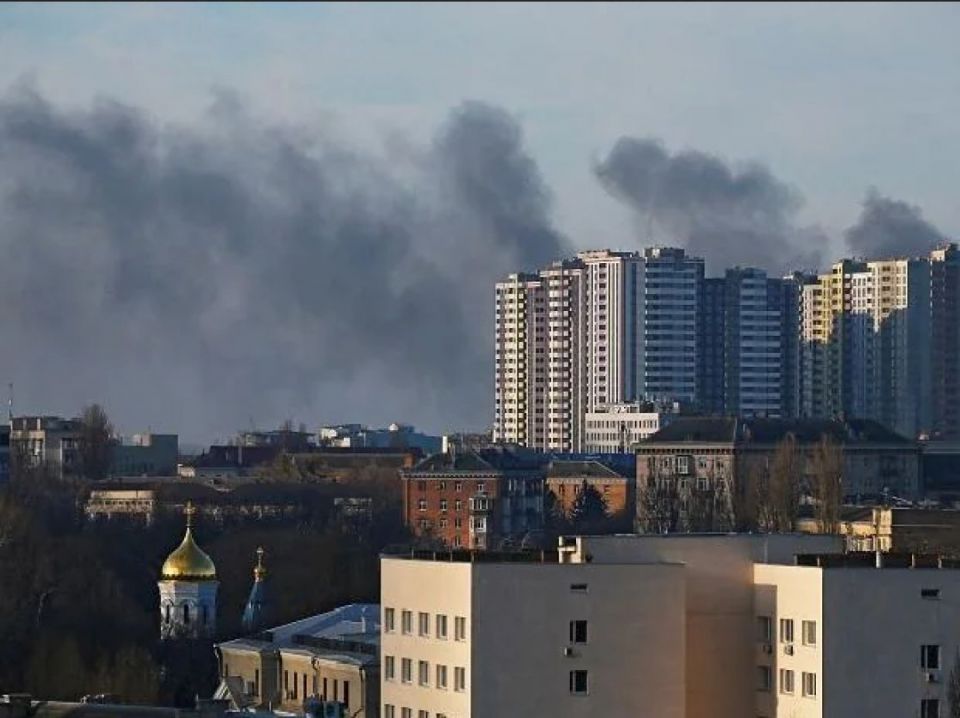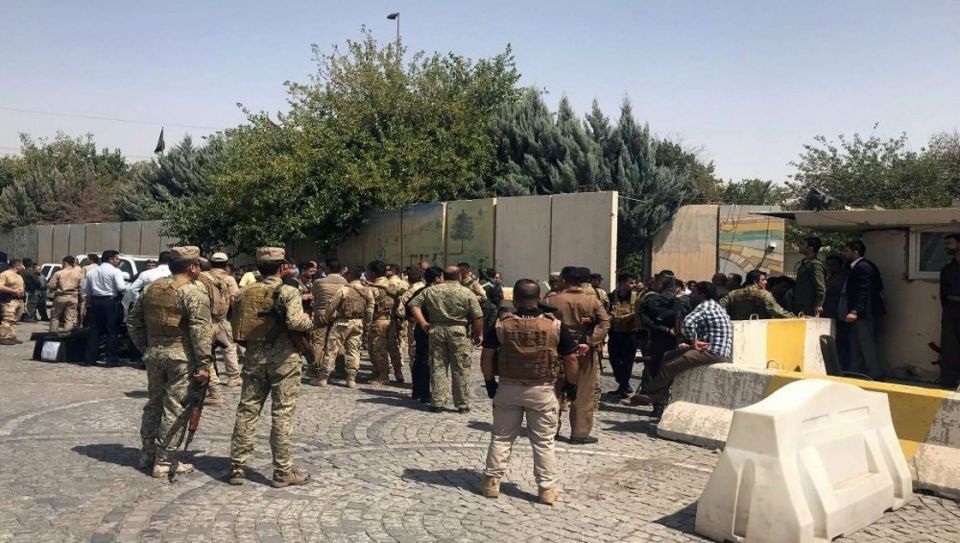In 8 Years: Syrians have lost 80% of Their Actual Wages stars
Hardly anyone argues today that official wages in Syria are no longer able to cover some of the actual costs of living. We have explained on several occasions on the pages of this newspaper that the State apparatus in the country has long stopped paying actual wages to its employees, whose number in 2020 was estimated by the Central Bureau of Statistics at 1,595,475 workers, out of 5,726,290 workers in general.


